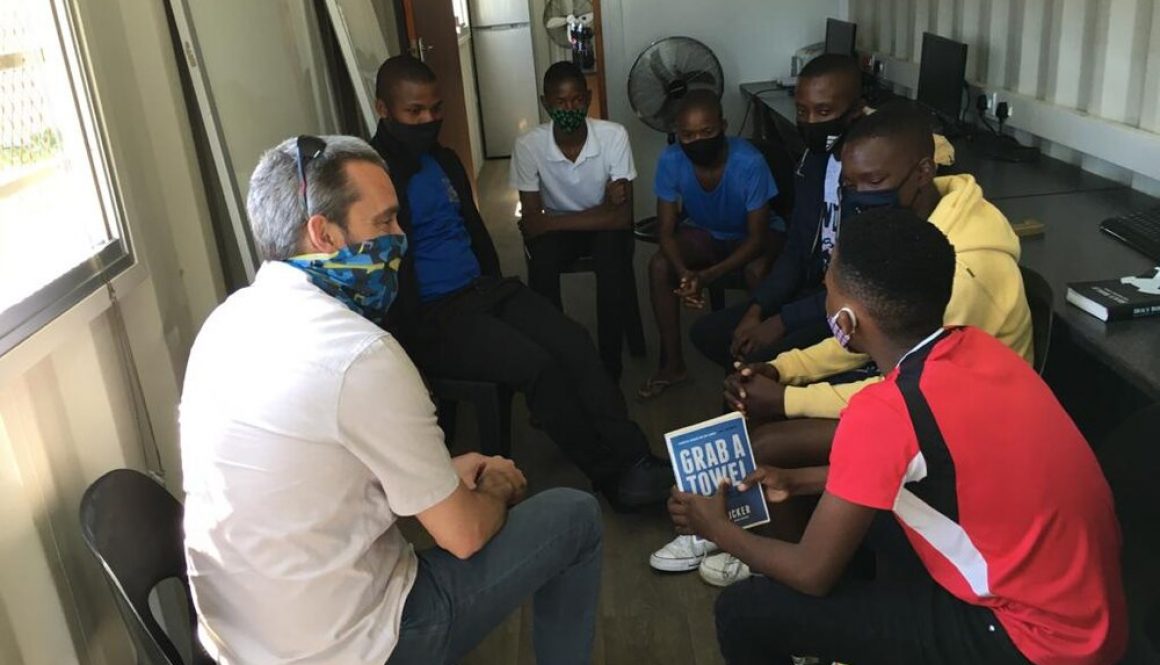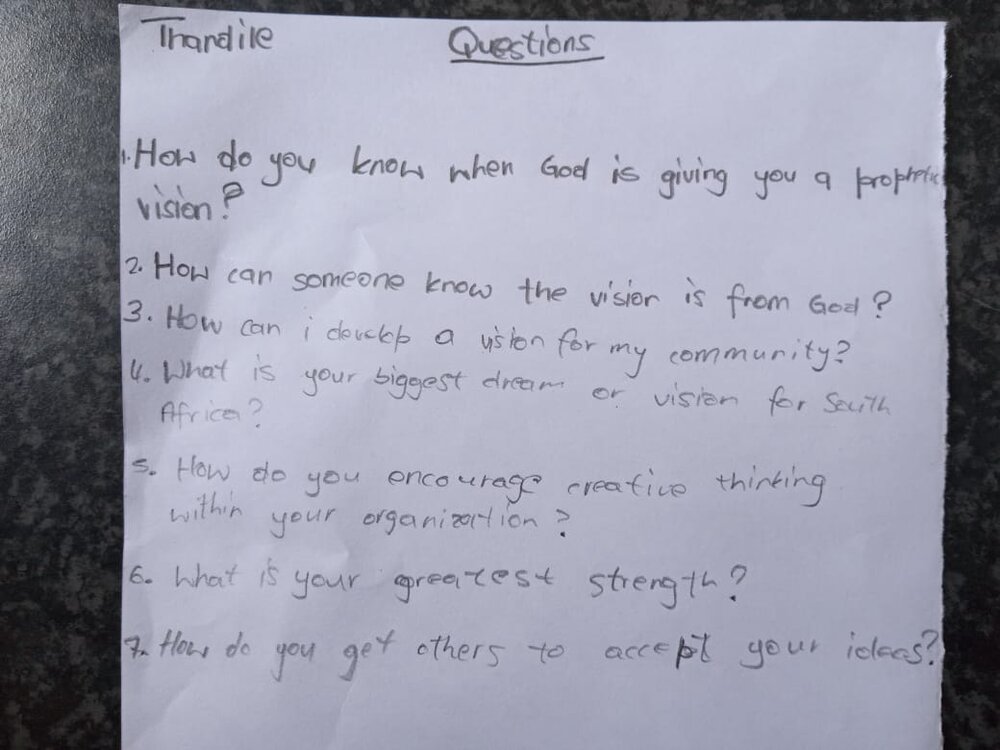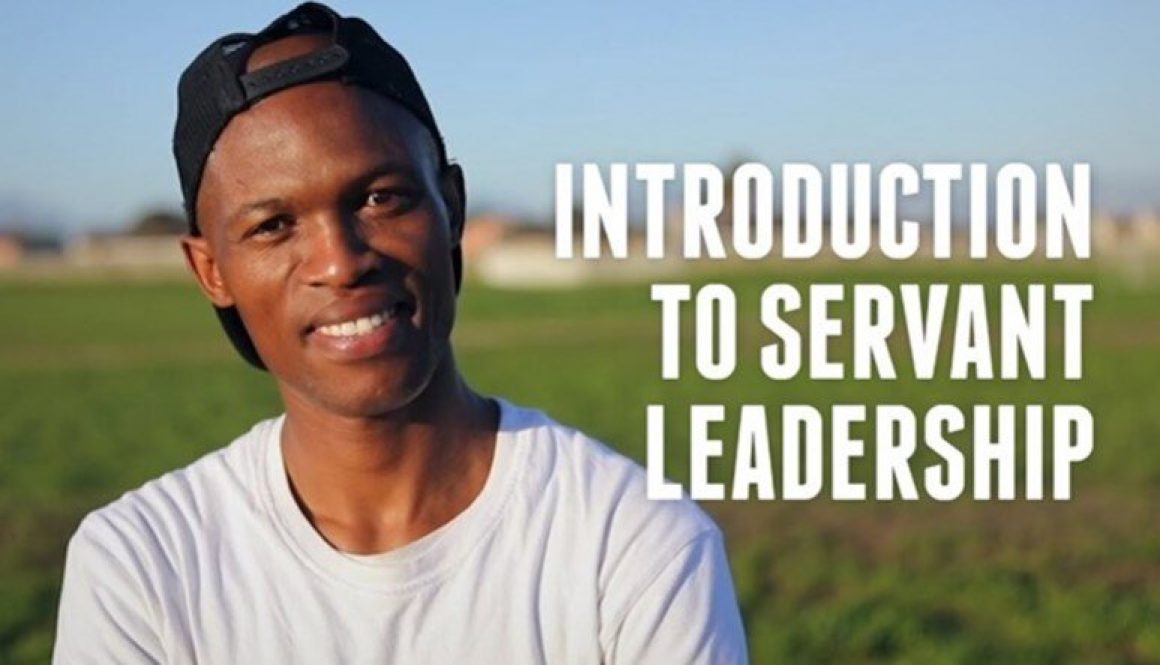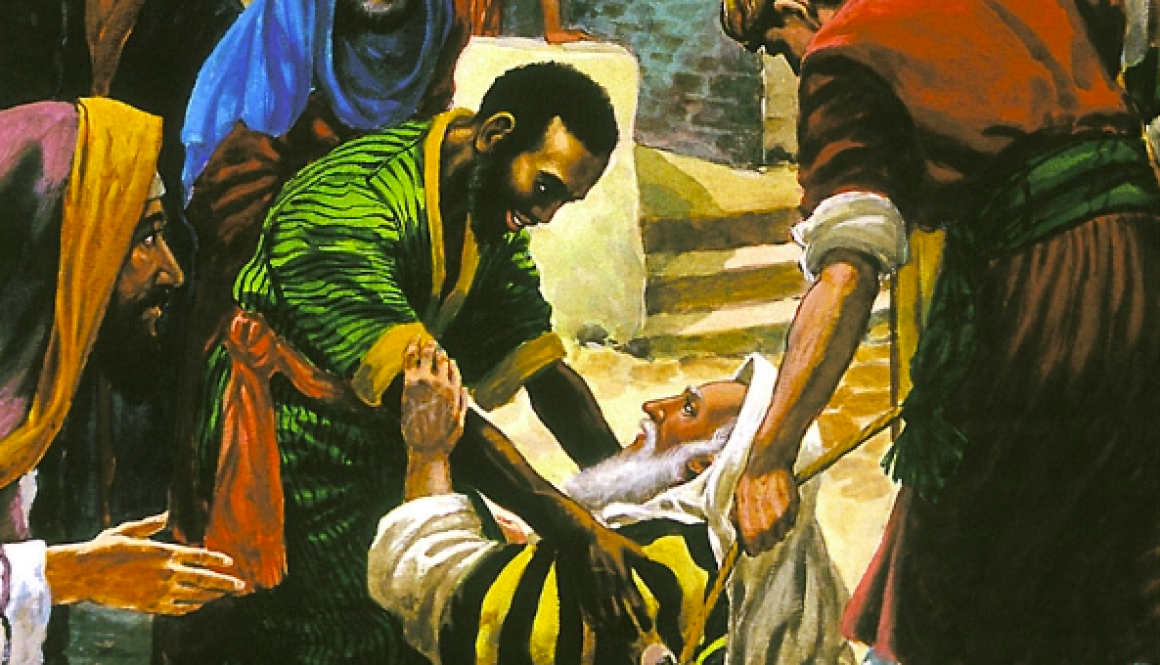The Grab a Towel mandate: apprenticing to Jesus.
The foreman screamed across the shop floor… “Tucker… what the ******* are you doing – you’ll lose a finger”. I immediately realised how stupid I was being… seeking to clear metal shards from the rotating drill with my hand. My safety report that week was somewhat humiliating. Being an apprentice on the shop floor had its ups and downs. This was definitely a low point! But I believe in the principle of apprenticing – I don’t think there’s anything quite like on-the-job training.
Earlier this year I posted a blog called Developing Christ-like Character, a fundamental priority for servant leaders. In the post, I included quotes from the late Dallas Willard’s book, Renovation of the Heart.
Since then I’ve been reading another of Willard’s classics, The Divine Conspiracy. As I’ve been reflecting on what he writes, I believe that his book effectively emphasises what I’m trying to accomplish through this blog. Willard outlines what it means to become an apprentice of Jesus.
This blog grew out of the book, Grab a Towel, which focuses on Christ-centred servant leadership. But the more I’ve thought, written, and engaged with people, I’ve recognised that the example Jesus set in grabbing a towel and washing the disciples’ feet, provides a more comprehensive metaphor of what it means to be a Christ-follower. The call is to become his apprentices – constantly and consistently learning from him as he takes us on a lifelong journey of on-the-job training. After-all, at the end of the account in John’s gospel he says:
I have set you an example that you should do as I have done for you. (John 13:15).
By grabbing a towel and washing his disciples’ feet, Jesus showed that following him is about our attitude and our actions, rather than religious duties. And Christ’s motivation was love: out of love he obeyed his father and out of love he served the disciples. This defined his lifestyle. Willard helpfully sums up what I believe grab a towel is all about:
He does not call us to do what he did, but to be as he was, permeated with love. Then the doing of what he did and said becomes the natural expression of who we are in him. (Willard 2009:204).
When I originally wrote the course material which became the book, my tagline for Grab a Towel was, becoming Christ-centred servant leaders. The emphasis is that when we become a Christian it is the start of a long process – an apprenticeship – in which we need to unlearn our old habits and behaviours as we are transformed to become like Jesus. We learn to clothe ourselves in Jesus (Romans 13:14). The challenge is that, when we become Christians, we are called to take on more than his name, but also his character.
We have a new baby in our house and I get tremendous joy out of pulling faces and seeing her try to copy what I do… sticking my tongue out or blowing kisses. That is the appropriate behaviour for a baby. Jesus’ plan for us is not to behave like babies. As his apprentices, he is leading us on a journey of maturity. The point is, we are not called to superficially copy or mimic Jesus. The Christian life is not about following external rites and rituals that emulate the specific activities of Jesus. No, the journey is one of discipleship. It is not copying his life. It is having his life imbibe ours. Willard again succinctly describes it as follows:
“I am learning from Jesus to live my life as he would live my life if he were I” (Willard 2009:310).
Having this approach will impact how we read Scripture itself. I love the distinction that Willard brings:
We have Bibles with red letters to indicate what he said. Might we not make a good use of a Bible that has green letters for what he did? Green for ‘go,’ or ‘do it’? (Willard 2009:385).
Grab a Towel is about highlighting what would be the green letters of the bible… the one’s that show us how to just do it (to coin a phrase). I believe that Jesus is not concerned about our doctrine if it doesn’t make any difference to how we live. Willard points out that head knowledge does not necessarily change behaviour. But we will truly know what someone believes by how it impacts the way they live.
This pathway of being Christ’s apprentices is not only counter-cultural to the world, it can also seem counter-cultural to the church. Reflecting primarily on the West, Willard describes consumer Christianity as normative… what a scary thought! This is how he describes it,
The consumer Christian is one who utilises the grace of God for forgiveness and the services of the church for special occasions, but does not give his or her life and innermost thoughts, feelings, and intentions over to the kingdom of the heavens. Such Christians are not inwardly transformed and not committed to it. (Willard 2009:374).
Through this blog and the resources on this site, I want to present a way of following Jesus that is the antithesis to the prevailing consumerism that we see in the church. It involves immersing ourselves into the life and example of Jesus and allowing him to transform our perspective, attitude and behaviour from the inside out. If some of us can get to grips with this vision, then, as we grab a towel and follow Christ’s example, we may perhaps start a ripple effect of discipleship that could radically impact other people… this is surely the ultimate act of service. And I want to challenge you that this is not only necessary if we want to leave a mark for Jesus in this generation, it is also the true pathway to joy.
You lead people to become disciples of Jesus by ravishing them with a vision of life in the kingdom of the heavens and in the fellowship of Jesus… you do this by proclaiming, manifesting, and teaching the kingdom to them in the manner learned from Jesus himself. You thereby change the belief system that governs their lives. (Willard 2009:334).
Grab a Towel means we are committed to standing out from the crowd and going against the flow. It’s not easy to be counter-cultural, but it is necessary if we are to faithfully represent the Gospel in the 21st century. Willard’s challenge to become apprentices is a critical clarion call to all would-be Christ-followers. After all, Jesus himself said, “Now that you know these things, you will be blessed if you do them” (John 13:17).












